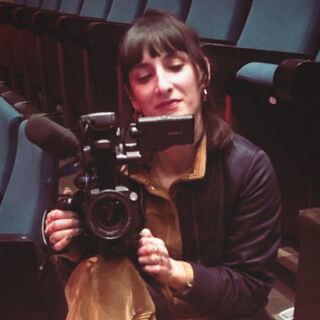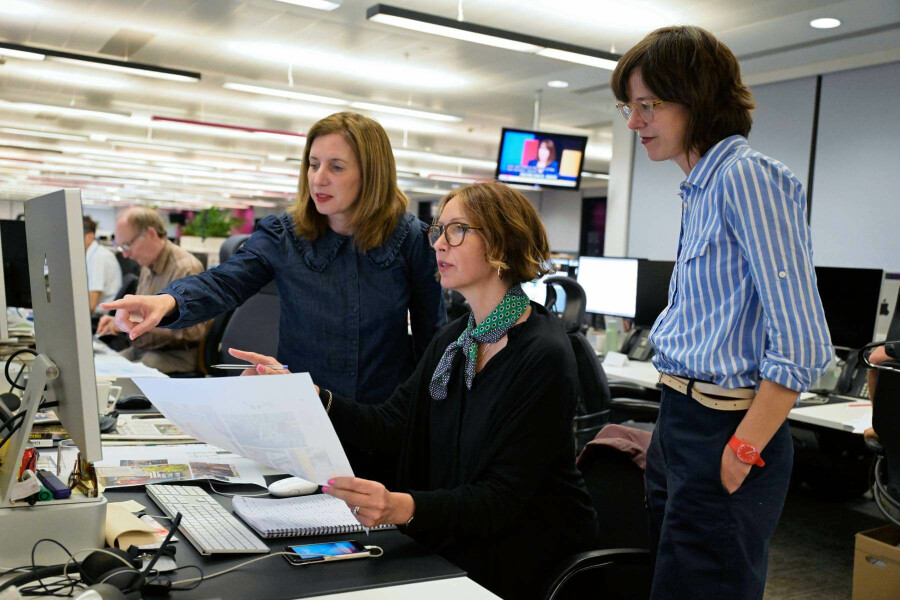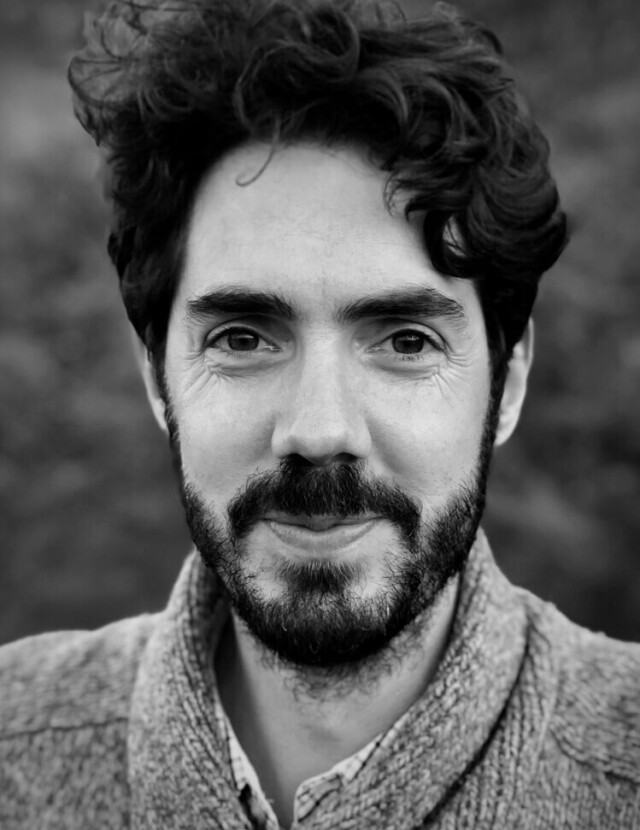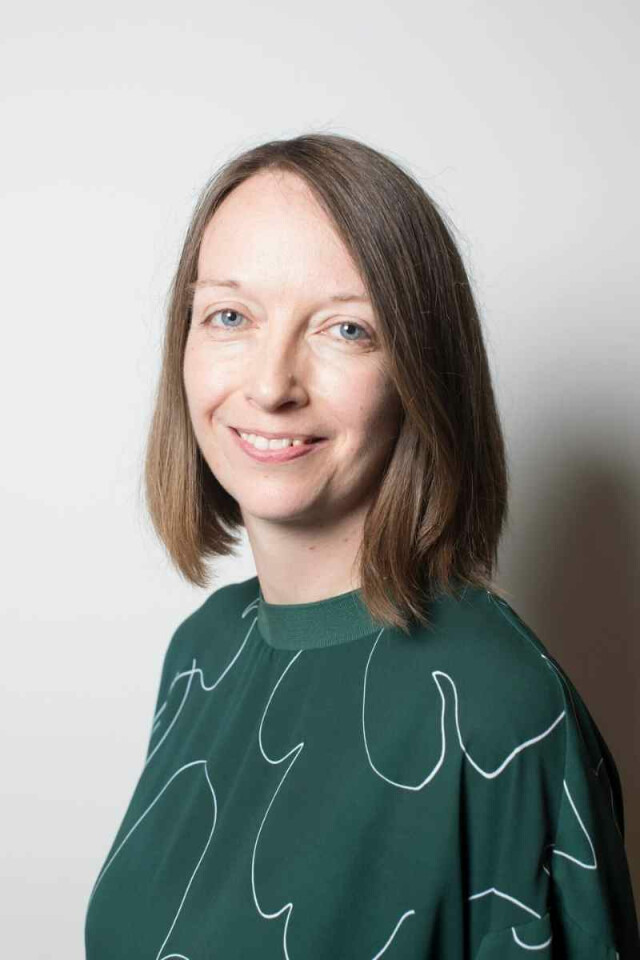


What is it like being a video producer and photographer? How can you tell news stories in a visual way - we have been asking Guardian staff for their top tips and advice.
Don't want to miss a thing?

Producers oversee all elements of a project from conception to completion, leading to a cohesive collection of content that is high quality and on budget.
My role involves translating Guardian journalism into Documentary shorts (20 - 40 mins), as well as reviewing film pitches shared by independent filmmakers, commissioning projects that we think align with Guardian values and then Executive Producing those commissions. Exec-ing involves moulding stories from concept to completion, feeding in with feedback and supporting the filmmakers along the way. We are hands-on, providing a lot of support especially in comparison to other top players in the industry. I also attend numerous film festivals and pitching forums, critiquing projects in front of an audience.
Before The Guardian, I studied Spanish and Media Studies, with a focus on directing, documentary film and photojournalism. I lived in Spain for 4 years working occasionally on film sets, and decided I wanted to be a music video director. I came back to London and did some shadowing/paid work in that sector but decided it wasn't for me. I thought I wanted to work in art films and got an internship at Tate Media and was offered to stay on as a production assistant. While I worked there I got an internship at the Guardian and preferred it. I kept making myself available for shifts and moved into a casual video producer role. I have worked here now for 10 years moving through self shooting and editing news features and documentaries in places like North Korea and Moldova, and now Executive Producing.
commissioning and producing a wide-range of international documentaries, long-term investigations and special projects.
I went to Bournemouth University where I studied interactive media production.
Before the Guardian I worked as a freelance filmmaker — producing and editing video content for a variety of broadcasters, clients and international NGOs.
I love the craft of filmmaking and the juggling act of using editorial, creative and technical problem-solving to tell a memorable story.
learn a practical skill that you find fulfilling — e.g. video editing, cinematography, sound design, motion graphics, production management — and never quit.
strong communication skills, a truck-load of tenacity, and a hands-on approach to filmmaking — since the burden of production will frequently be on your shoulders alone and you need to be comfortable with that.

I believe the best ideas often stem from collaboration. The seeds are everywhere but my projects always develop through conversations with my editors, friends or colleagues. I often have new ideas when I'm already working on, or experiencing something else. The more switched-on and engaged I am with my surroundings, the more receptive I'm likely to be to new thoughts and concepts.
Make sure to have complete clarity of mind. Research your idea as thoroughly as possible and try and produce a synopsis that is concise, direct and simple. If you know your subject well enough then you'll be able to elaborate as necessary if your pitch progresses to a meeting or discussion with a potential client or commissioning editor.
Be prepared to be able to respond to a variety of briefs and challenges. For example, when I started out I only really had reportage work in my portfolio but I realised that portraiture would be a big aspect of daily work as an editorial photographer and so I made it my mission to quickly develop my portrait work. I've spent my whole career learning new skillsets in order to stay in the game.
Find a discipline or topic you really enjoy and show your passion for it, whether that’s by writing about it, starting a project, joining a debate. These things also demonstrate that you’re a self-starter and can use your initiative. Read widely, from news to essays to books, listen to podcasts, watch documentaries. Learn from and be inspired by what others are doing. Try and get some work experience and make as many contacts as you can while you’re there.
Think about the audience and the questions you’re trying to answer for them.
Check the publication hasn’t already published the same/a similar piece already.
Identify why the idea is timely, and why you’re qualified to write about it.
Try and find out if the publication (or the particular desk you’re contacting) is open to freelance pitches before you spend ages crafting a pitch to them. They may simply not have the budget for it.
Try and keep up to date with different roles in the organisation so that you’re always pitching to the right person. Twitter and LinkedIn are useful for this.
There are more ways to enter the newsroom than ever before so, as well as the traditional journalistic training, think about the other skills you might learn to help you get a foot in the door. It could be coding, data visualisation, video or audio production, design etc.
You can learn a lot from the editing process - don’t be offended when people change your work and learn from the advice your editors give you.
